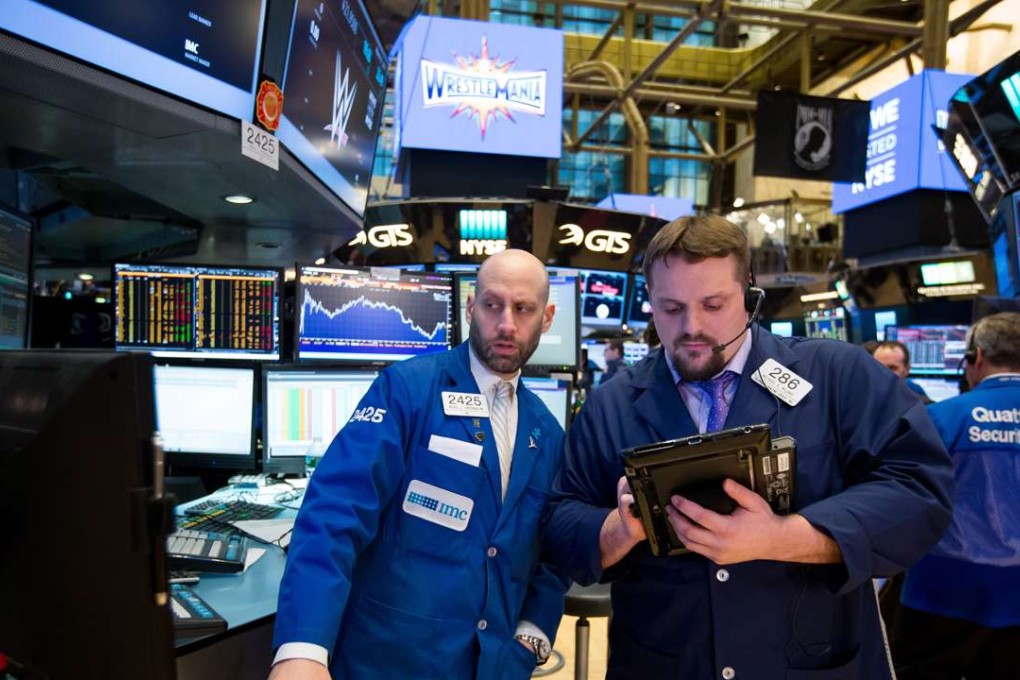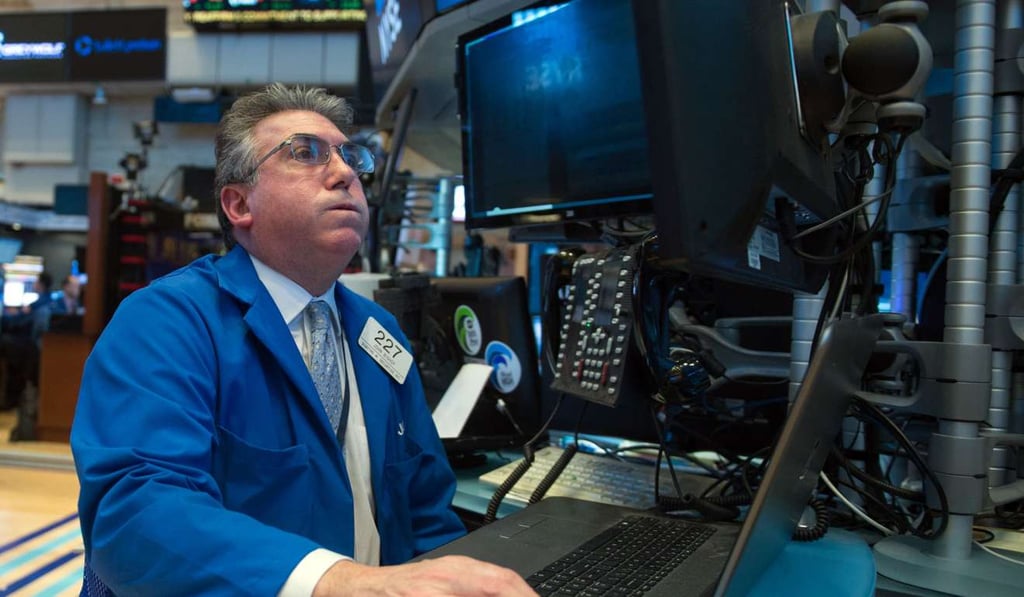The fatal flaw passive investments suffer from
While growing in popularity as a cheaper and easier option, taken at the macro level the form of investment undermines supply and demand – not a good thing

Turn to the personal finance pages of pretty much any newspaper or magazine, and the chances are you will find at least one article extolling the virtues of passively managed investments. Unlike traditional active managers, who attempt to seek out the stocks that offer the best value or the most attractive earnings growth, passive managers simply try to replicate the performance of a benchmark index.
Passive management is a lot easier than its active cousin. Passive managers don’t need to wear out shoe leather visiting companies and talking to corporate managers. They don’t need to sweat over spreadsheets to estimate future returns on capital. They don’t need to understand the risks and rewards of different business sectors. In fact they don’t even need to hold all the stocks in their benchmark index. All they have to do is buy an optimisation programme that allows them to track the index’s performance within an acceptable margin of error.

Unsurprisingly, this means that passive management is a lot cheaper than active investment. Actively run funds typically charge an annual fee of 2 per cent of assets under management; passive funds can get by happily on 0.5 per cent or less.
That differential has a big impact on fund performance, especially as it compounds over time. Last year in the United States, fewer than a third of active managers succeeded in beating their benchmark. Over the last 10 years that proportion falls to less than 10 per cent.
Wen and now: China’s economy is still ‘unsustainable’
It is little surprise, therefore, that investors are voting with their feet and abandoning actively managed investment funds for passive index funds. As of last year, passive managers had captured roughly a third of the US mutual-fund market. And with assets at passive managers growing at close to 20 per cent a year, while actively managed funds are stagnant, that proportion is only set to grow in the coming years.